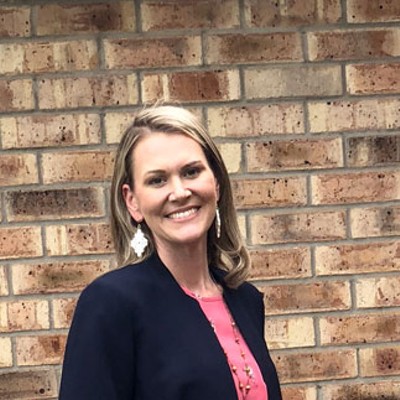Fresh off his, uh, “win” in the historic opioid trial, Oklahoma attorney general Mike Hunter is now leading a fight against the Montana Supreme Court.
Along with a coalition of state attorney generals and governors from 18 other states, Hunter wants U.S. Supreme Court to overturn a Montana Supreme Court decision that required the state to exclude religious school options for parents participating in a state tax credit scholarship program.
Well, forget separation of church and state because the coalition is essentially asking the court to force the state to underwrite religious education with taxpayer dollars.
“The ruling by the Montana Supreme Court discriminates against and punishes parents who choose to send their children to religious schools,” Hunter said. “If upheld, it has far-reaching consequences that could threaten school choice programs nationwide, depriving religious, low-income and disabled children of a quality education of their choice.”
The ruling most definitely does not discriminate or punish parents who want their children to go to a religious school. It just doesn’t force taxpayer money to indirectly provide aid for religious education, which is against the Montana constitution and our own.
“No public money or property shall ever be appropriated, applied, donated, or used, directly or indirectly, for the use, benefit, or support of any sect, church, denomination, or system of religion, or for the use, benefit, or support of any priest, preacher, minister, or other religious teacher or dignitary, or sectarian institution as such,” according to Section II-5 of the Oklahoma Constitution.
Unfortunately, religious schools are overwhelmingly more likely to participate in the kinds of programs in question, including the Lindsey Nicole Henry Scholarship Program, which gives scholarships to students with disabilities.
We’re all for students getting the education they need to best serve their unique learning styles, but how about going about it in a constitutional way? Or better yet, how about funding public schools so they can become robust institutions that can accommodate a myriad of students with different learning needs?
















